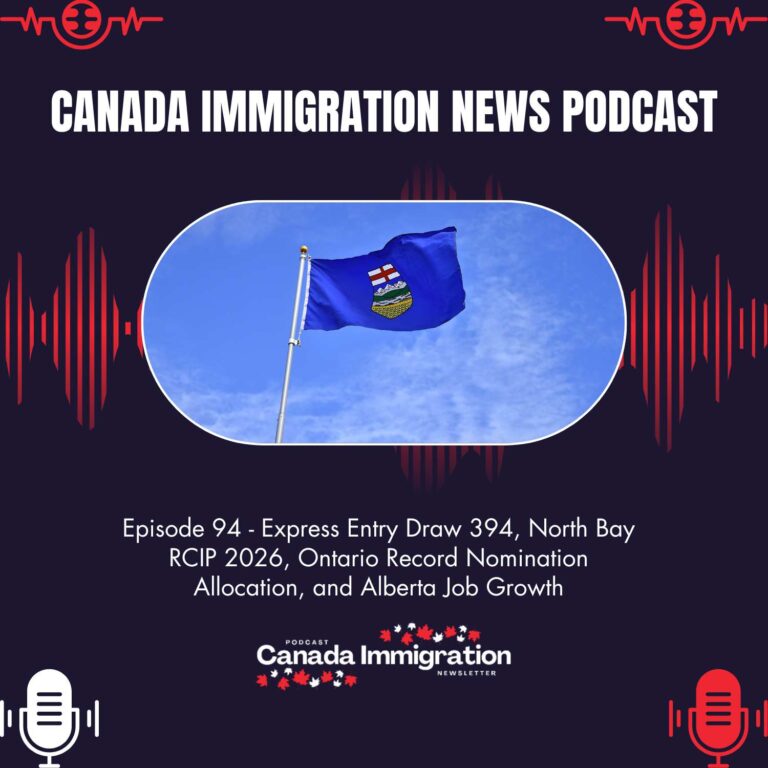Study in Canada
Canada’s Study Permit Approvals Drop Sharply in 2025

Canada has long been one of the world’s most sought-after destinations for international students. Known for its high-quality education system, welcoming communities, and clear post-graduation pathways, the country attracted record-breaking student numbers in recent years. However, 2025 has marked a significant shift in that trend.
According to the latest IRCC data, the number of new study permit applications and approvals has dropped drastically. In the first half of 2025, overall application volumes were down by nearly 50%, while approval rates fell to just 30%, compared to 51% during the same period in 2024.
The slowdown has raised questions about policy shifts, processing delays, and Canada’s evolving approach to international education.
Study Permit Approvals: A Closer Look at the 2025 Decline
The data tells a clear story — the decline in study permits is steep and widespread.
| Metric | Jan–Jun 2024 | Jan–Jun 2025 | Change |
| Study Permit Applications Processed | 223,551 | 104,980 | -53% |
| Approvals Granted | 113,368 | 31,580 | -72% |
| Approval Rate | 51% | 30% | ↓ 21% |
This sharp drop is particularly striking when compared to Canada’s 2025 cap target of 316,000 new study permits. At the current rate, total permits issued could fall 20%–30% below the government’s own projection, representing one of the largest annual declines on record.
Why Are Fewer Students Receiving Study Permits?
Several factors appear to be shaping this downturn.
- Processing Backlogs and Stricter Evaluation: IRCC is facing extended processing times in multiple markets. At the same time, application scrutiny has become tighter, especially around proof of funds, ties to the home country, and program choice.
- Policy Reforms and Cap Limitations: The federal government’s international student cap policy, introduced in 2024, continues to reshape Canada’s education landscape. This year’s approval volumes indicate that even the capped intake target may not be fully reached.
- Global and Domestic Factors: Inflation, exchange rate challenges, and higher living costs in Canada have also influenced student decisions. Many are deferring or exploring alternative destinations such as Australia or the UK.
- Renewal vs. New Applications: The current processing volume includes many renewals for students already in Canada, which typically have higher approval rates. That means new applicants are facing even greater rejection rates than the overall 30% average suggests.
Fewer Arrivals, Fewer Active Students in Canada
The effects of reduced approvals are visible in the number of international students physically present in Canada.
| Category | Jan 2024 | Jul 2025 | Change |
| Students with Active Study Permits | 679,820 | 499,365 | -26.5% |
| Students with Study + Work Permits | 343,965 | 286,465 | -16.7% |
| Total Study Permit Holders | 1,023,785 | 785,830 | -23.2% |
In just 18 months, Canada’s total number of study permit holders has fallen by nearly a quarter.
Between January and July 2025 alone, only 44,105 new students arrived, a 69% drop compared to the same period last year.
The Broader Impact on Canada’s Education and Economy
This decline isn’t just an education issue; it affects multiple sectors:
- Colleges and universities are reporting lower enrolment and revenue pressures.
- Housing and rental markets are seeing easing demand in certain cities.
- Local economies that depend on student spending, especially in smaller communities, are feeling the pinch.
At the same time, some policymakers see this as an opportunity to recalibrate Canada’s international education system, ensuring better student support, housing capacity, and institutional accountability.
What Can Students Expect Moving Forward?
IRCC has signalled that it remains committed to maintaining study permit integrity while improving efficiency. Future measures may include:
- Faster processing times once system backlogs clear.
- Revised allocations for provinces under the study permit cap.
- Stricter oversight on designated learning institutions (DLIs).
- Clearer guidelines for post-graduation work permits (PGWP).
International students are advised to prepare stronger applications, ensuring complete documentation, financial proof, and a clear study purpose statement aligned with career goals in Canada.
Canada’s Study Permit System Is Evolving, Not Closing Doors
The decline in study permit approvals in 2025 reflects Canada’s ongoing effort to manage student intake responsibly, balance housing challenges, and sustain educational quality.
While the slowdown may seem discouraging, it is part of a broader adjustment aimed at protecting both students and institutions. Canada remains open to global talent, but preparation, compliance, and expert guidance matter now more than ever.























